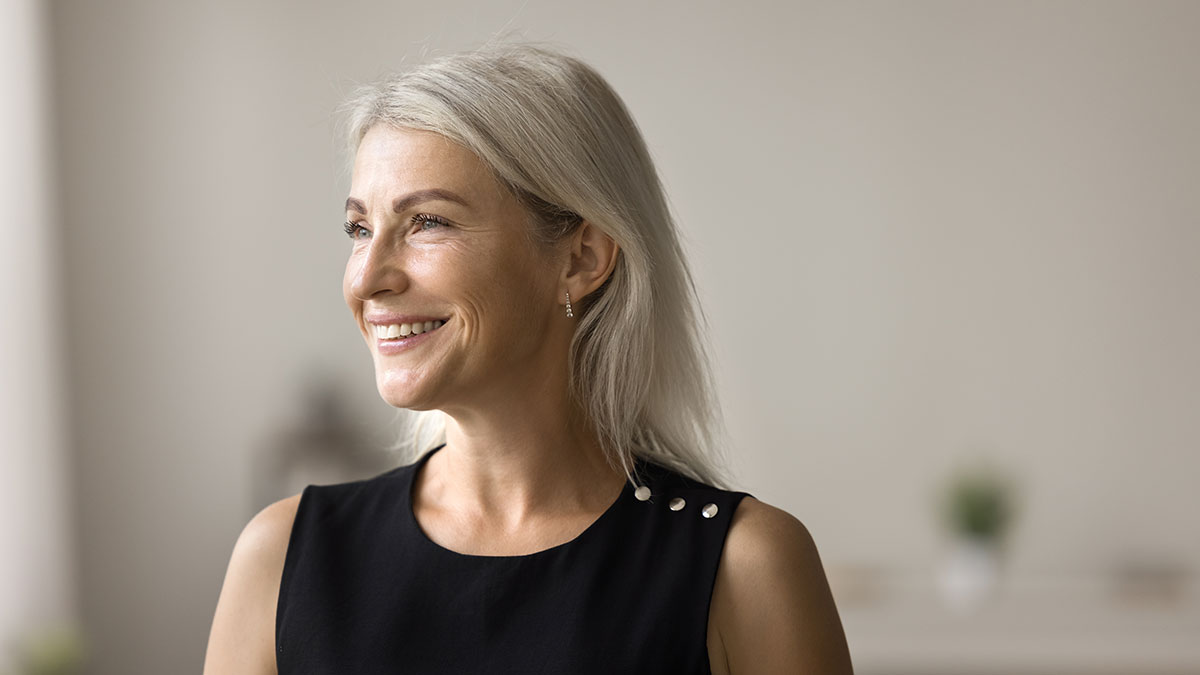Sunscreen – Most Effective Anti-Ageing Tool
12 August 2016
 It is normally understood that we should only take Sun safety precautions whilst outside. However, many people are unaware that Sun damage can also be caused indoors too. The Sun’s Ultraviolet radiation can travel through glass and windows reaching our skin, resulting in aggressive skin ageing. These UV Rays penetrate deep into the skin’s thickest layer (Dermis), and burn the superficial layers of our skin. Therefore, unprotected consistent exposure can lead to premature ageing. Other indoor light sources can also penetrate the skin’s deeper layers and cause irreversible skin damage; these include Computer screens, LED TV Screens and Mobile phones. They emit a high level of visible light and infrared radiation-A (IR-A), which is also found to be as harmful to the skin as UV rays. Recent research also suggests that UV rays play a key role in the development of Skin Cancer.
It is normally understood that we should only take Sun safety precautions whilst outside. However, many people are unaware that Sun damage can also be caused indoors too. The Sun’s Ultraviolet radiation can travel through glass and windows reaching our skin, resulting in aggressive skin ageing. These UV Rays penetrate deep into the skin’s thickest layer (Dermis), and burn the superficial layers of our skin. Therefore, unprotected consistent exposure can lead to premature ageing. Other indoor light sources can also penetrate the skin’s deeper layers and cause irreversible skin damage; these include Computer screens, LED TV Screens and Mobile phones. They emit a high level of visible light and infrared radiation-A (IR-A), which is also found to be as harmful to the skin as UV rays. Recent research also suggests that UV rays play a key role in the development of Skin Cancer.
There are two types of UV Rays; UVB and UVA. UVB rays are shorter, and only penetrate our epidermis, the top layer of the skin, causing mostly sunburn. UVA Rays on the other hand, are much longer in wavelength and can travel directly through glass, damaging collagen and adding to the ageing process.
It is very imperative that we all understand that Sun damage can be life threatening, therefore we need to ensure that we use sunscreen protection daily. In particular, it is important to choose a sunscreen that offers protection against both UVB and UVA Rays, as both forms of UV Light can potentially cause Skin Cancer.
We also need to be more aware that sunscreen alone is the most effective anti-ageing tool you can buy. Continual exposure to direct sunlight can increase the visible signs of ageing, including sagging, skin discolouration and wrinkles. A recent study published by the American College of Physicians’, found that regular use of sunscreen helps prevent premature ageing caused by exposure to the Sun.
The Skin Cancer Foundation “recommends using sunscreens with an SPF of 15 or higher, and some combination of the following UVA-screening ingredients: avobenzone, ecamsule, oxybenzone, titanium dioxide, and zinc oxide.” The Foundation also suggests that we should protect ourselves indoors also, by applying a special UV-protective film to our side and rear car windows.
The problem with most sunscreens is that, they only offer protection from outdoor UV rays, and not against any indoor light sources. Here at Skin Medical, we strongly recommend the Heliocare® range of Sunscreen protection. Heliocare® is clinically proven to strongly protect your skin against Sun exposure and other environmental factors, and help prevent premature ageing. Every product in the range includes a high-level of SPF 50 and UVB and UVA protection. This sunscreen also protects against those indoor light sources, such as IR-A’s. The products also include an extra unique ingredient called Fernblock, which are a natural complex of powerful anti-oxidants that prevents damage to the skin and helps reduce all visible signs of ageing.
Most Sunscreens also tend to have a richer consistency, leaving skin greasy and unable to apply makeup. Heliocare® on the other hand, is light-weight, matte and a gel consistency resulting in a product that can be absorbed into the skin instantaneously and the perfect base for any foundation or face powder.
To book a free skin assessment with one of our experienced practitioners or to find out more about any of our treatments or products, please contact the Manchester city centre clinic on 0161 839 7663 or submit an online enquiry.


 Menu Item
Menu Item